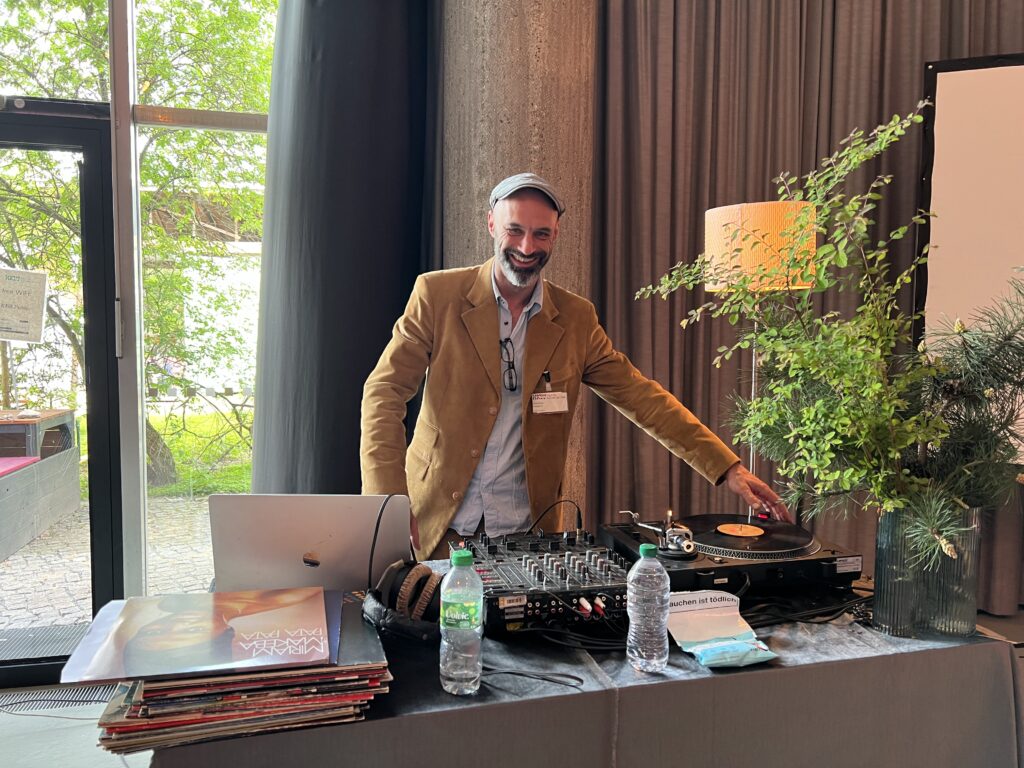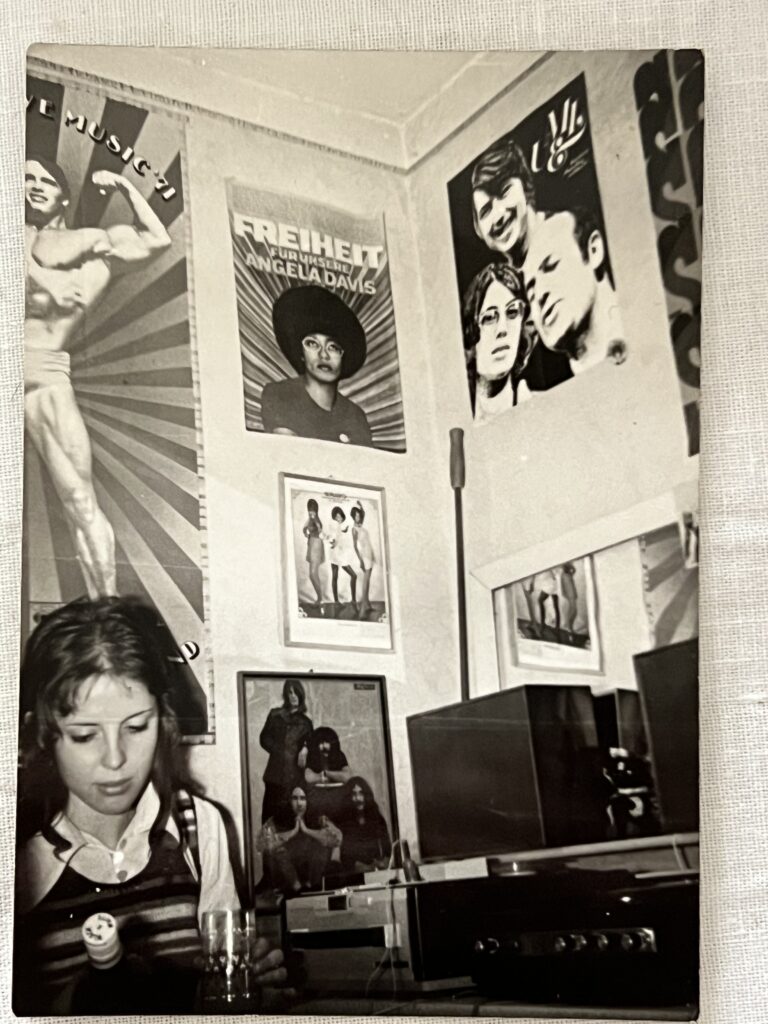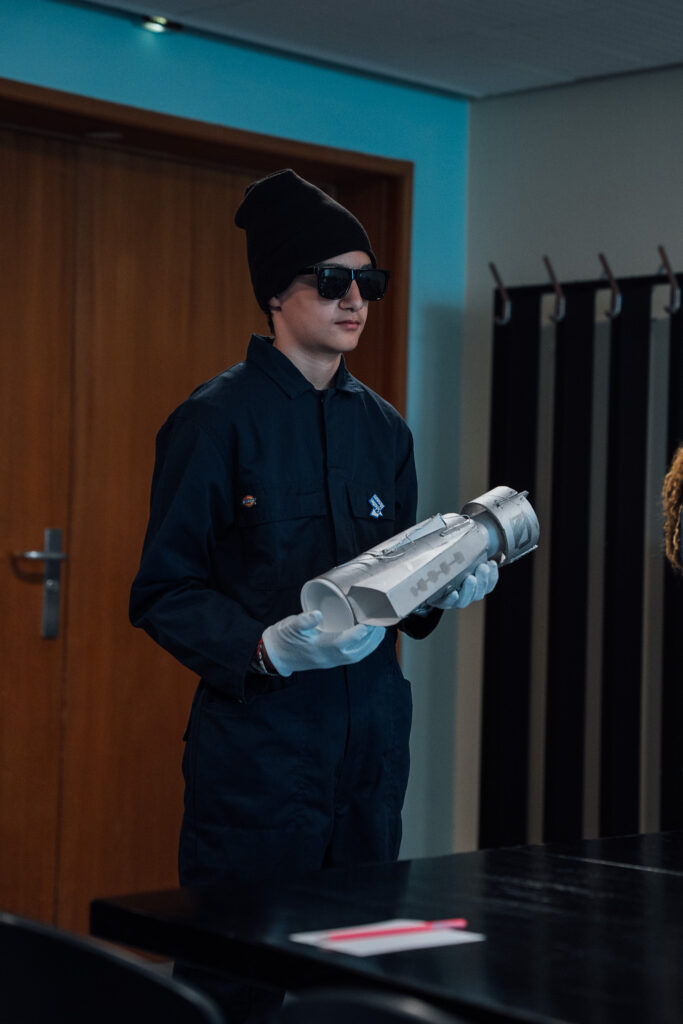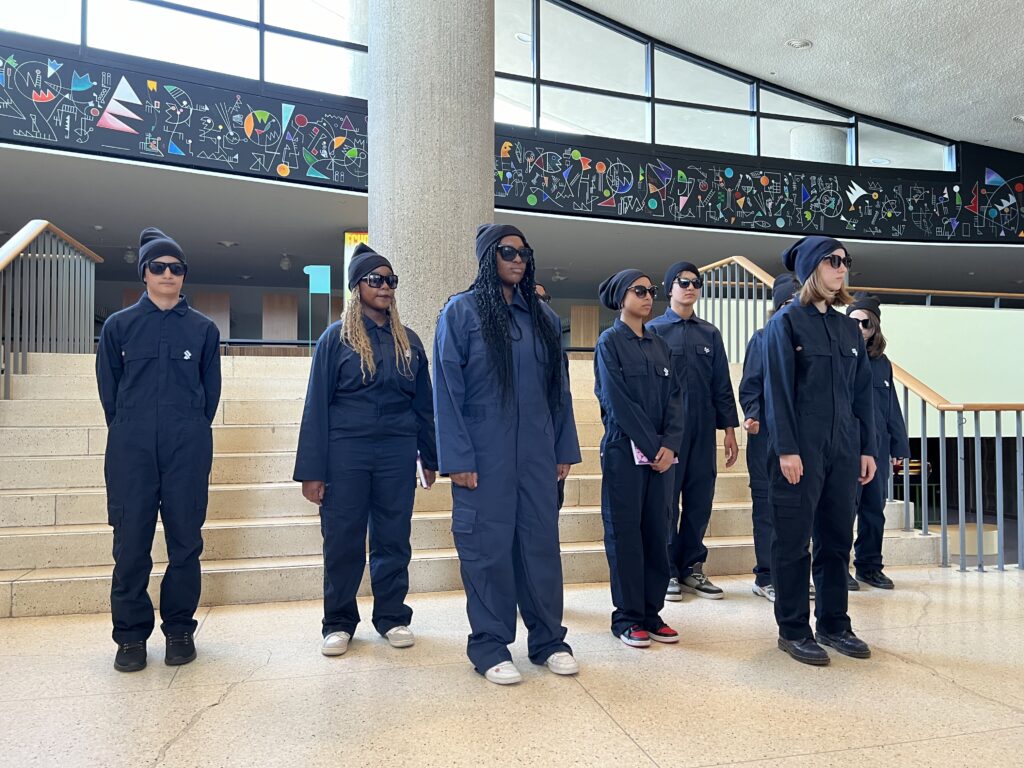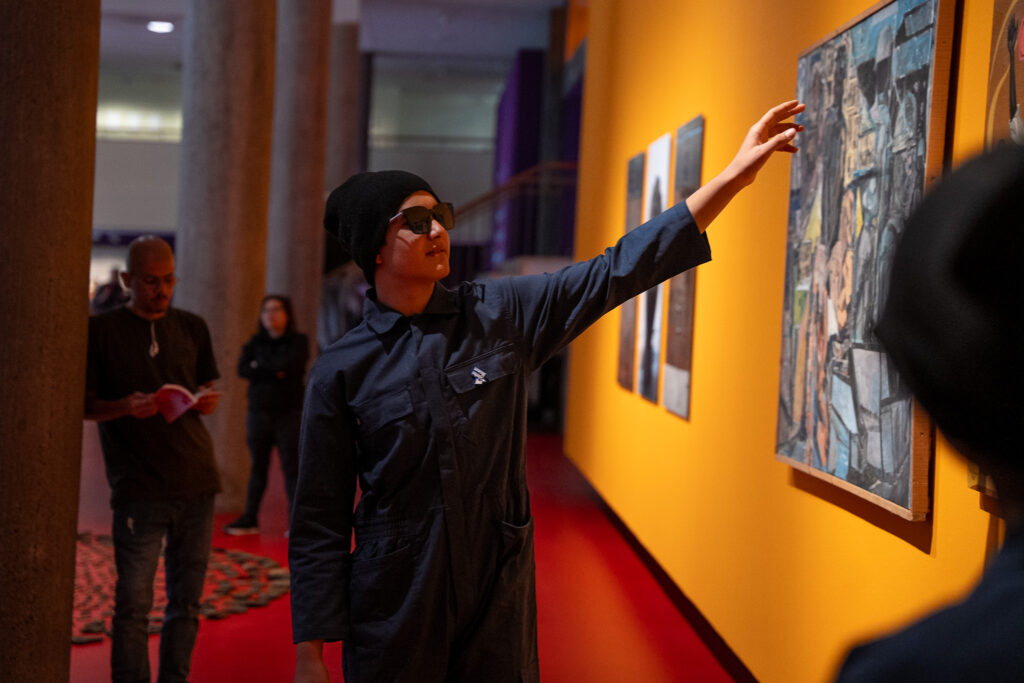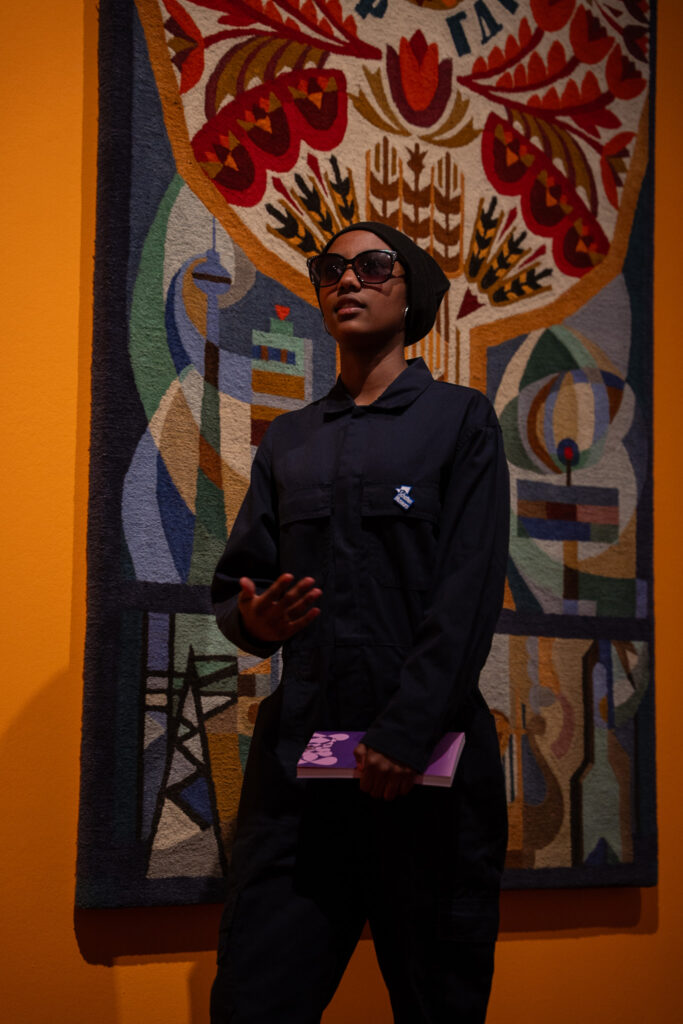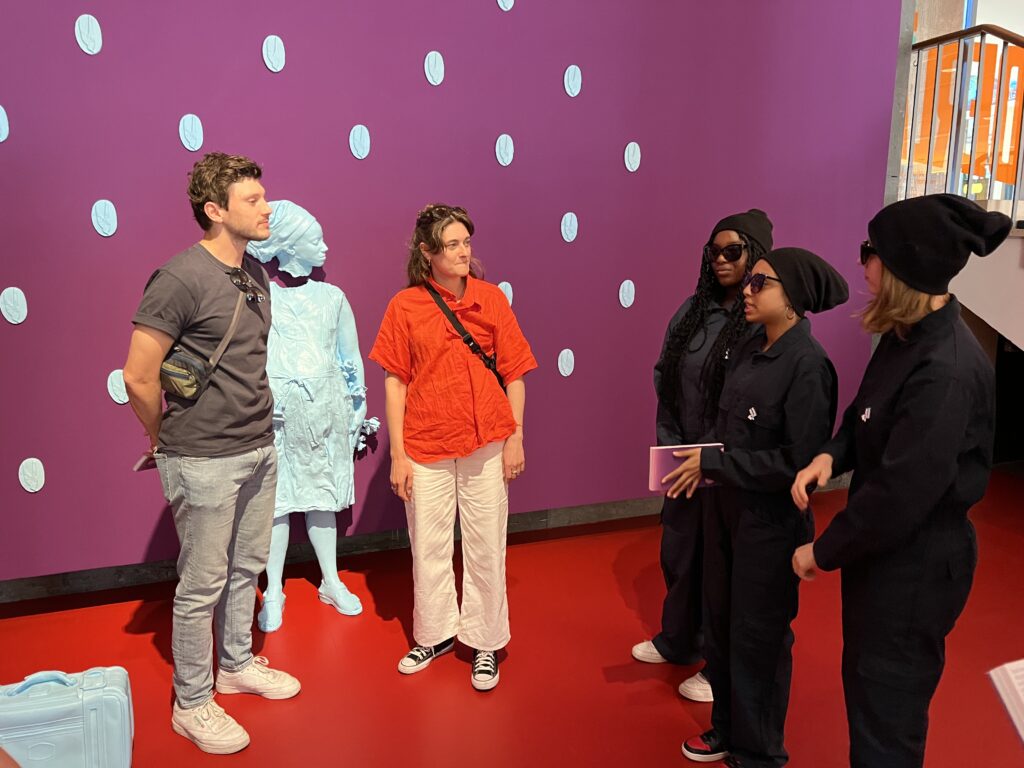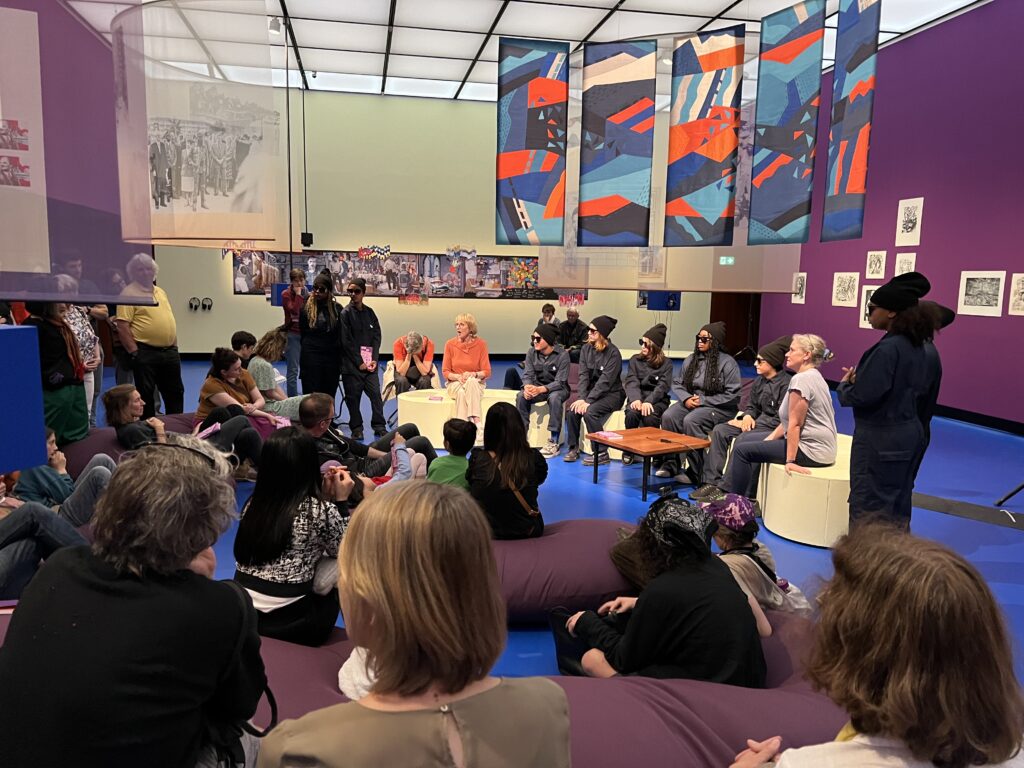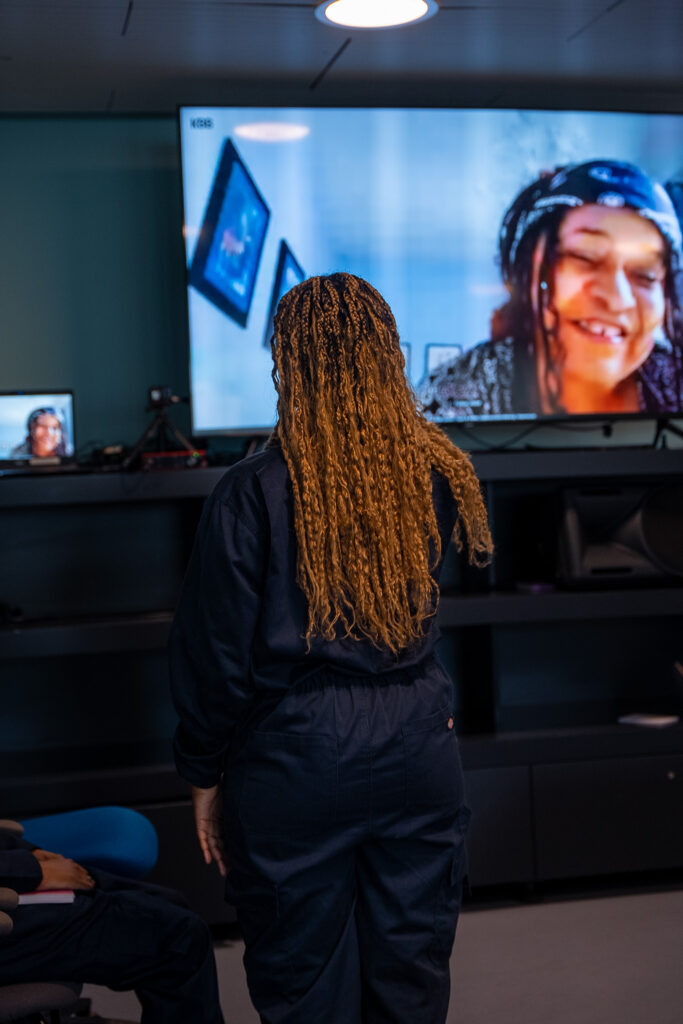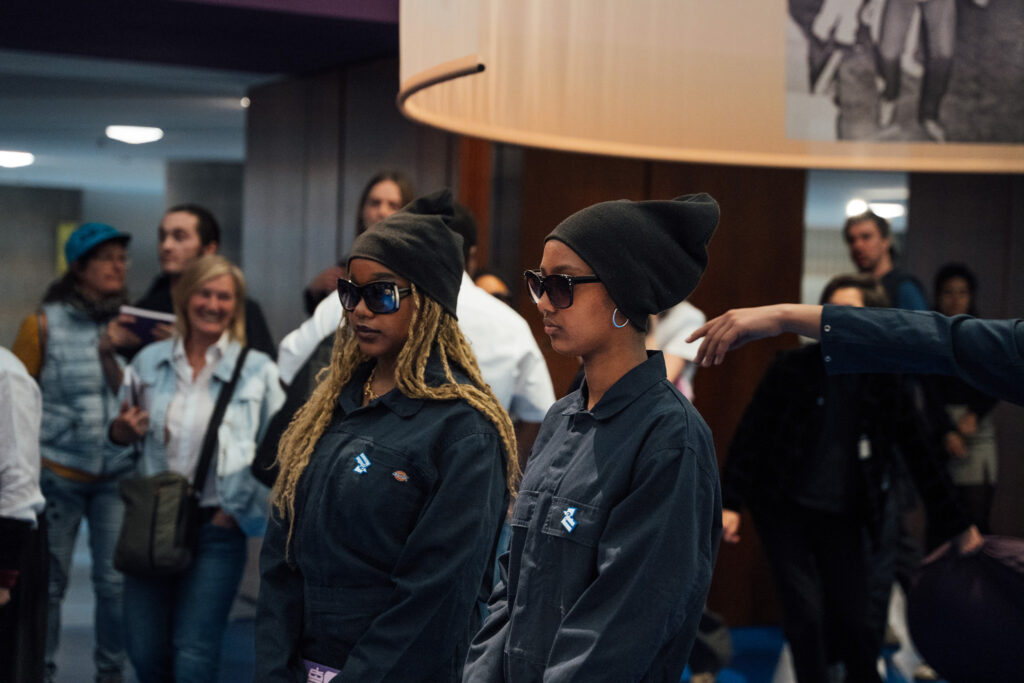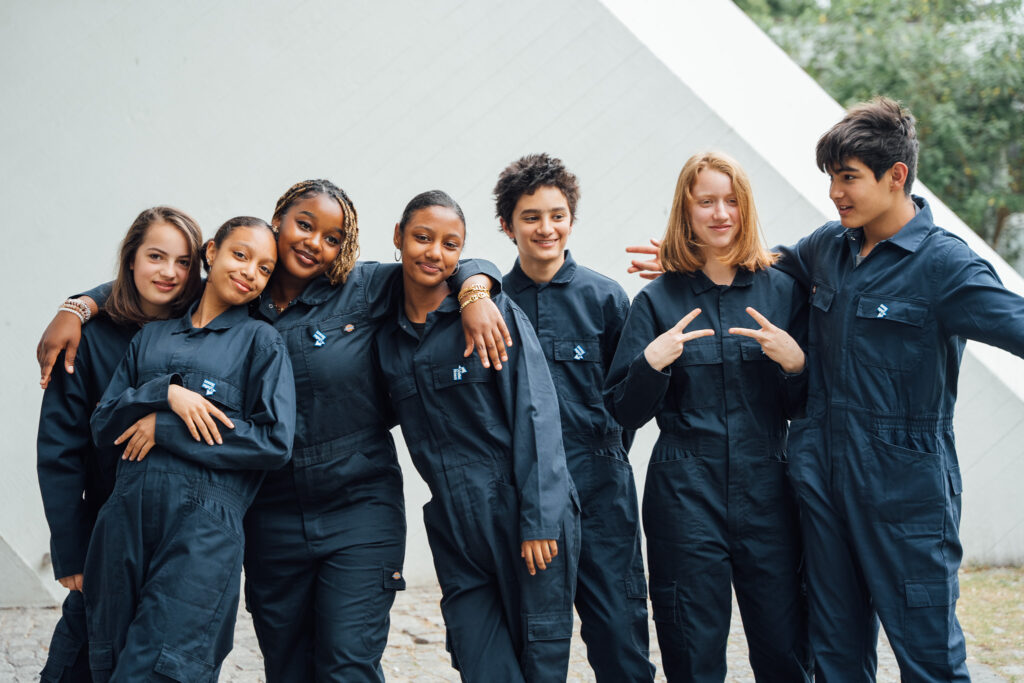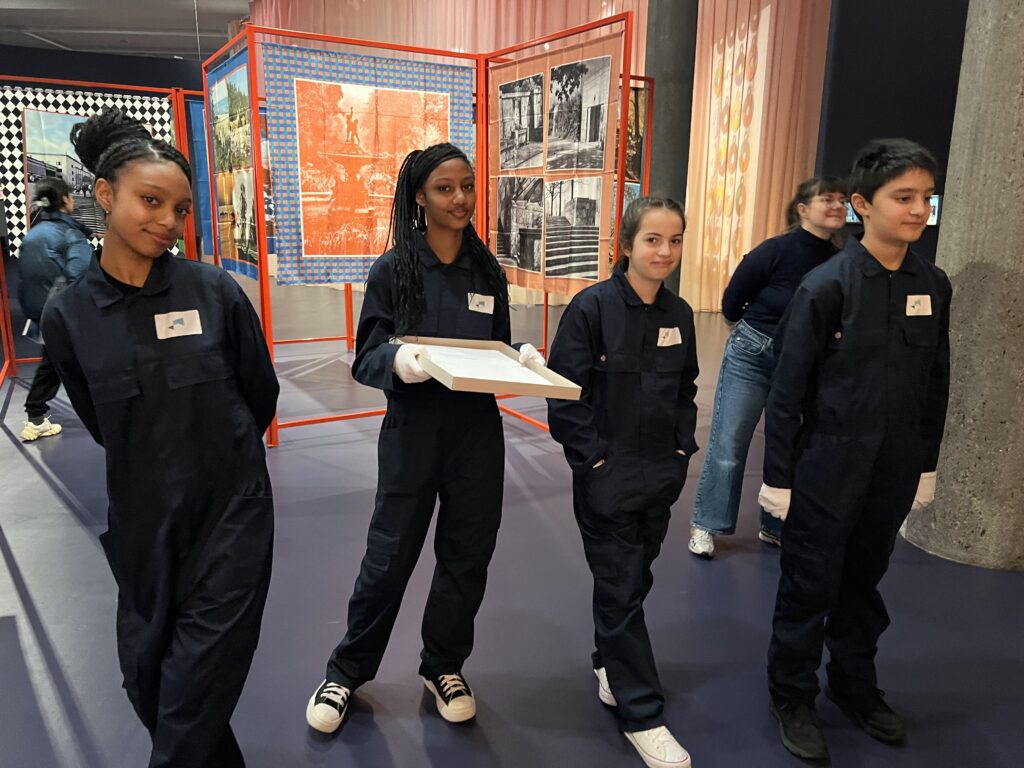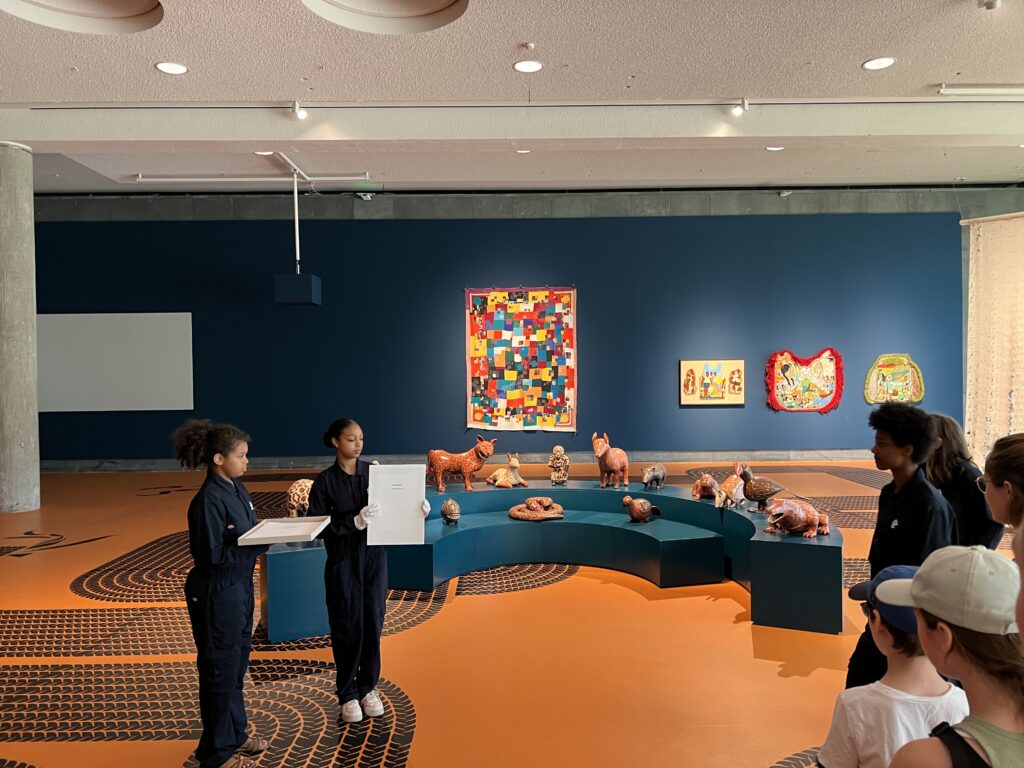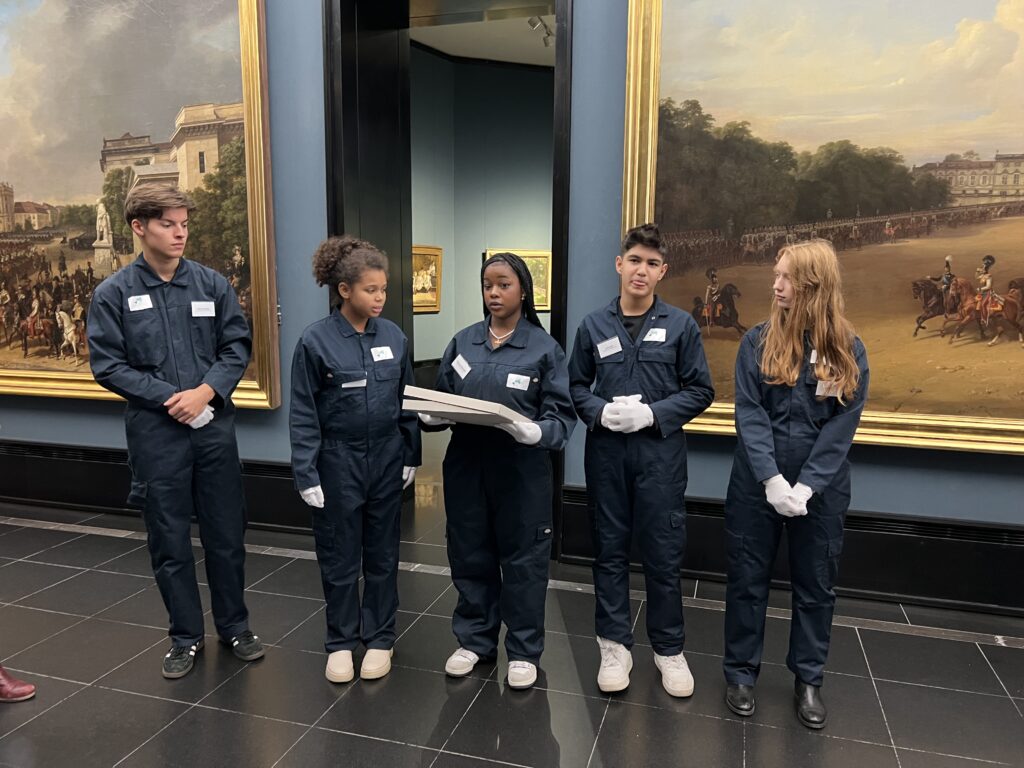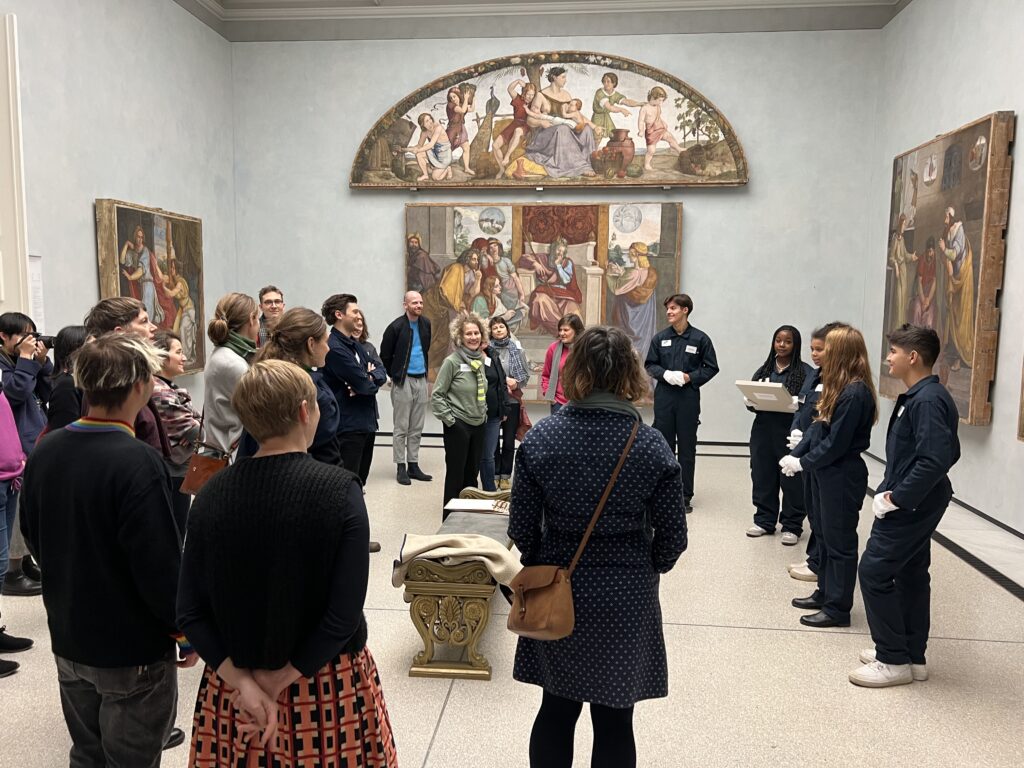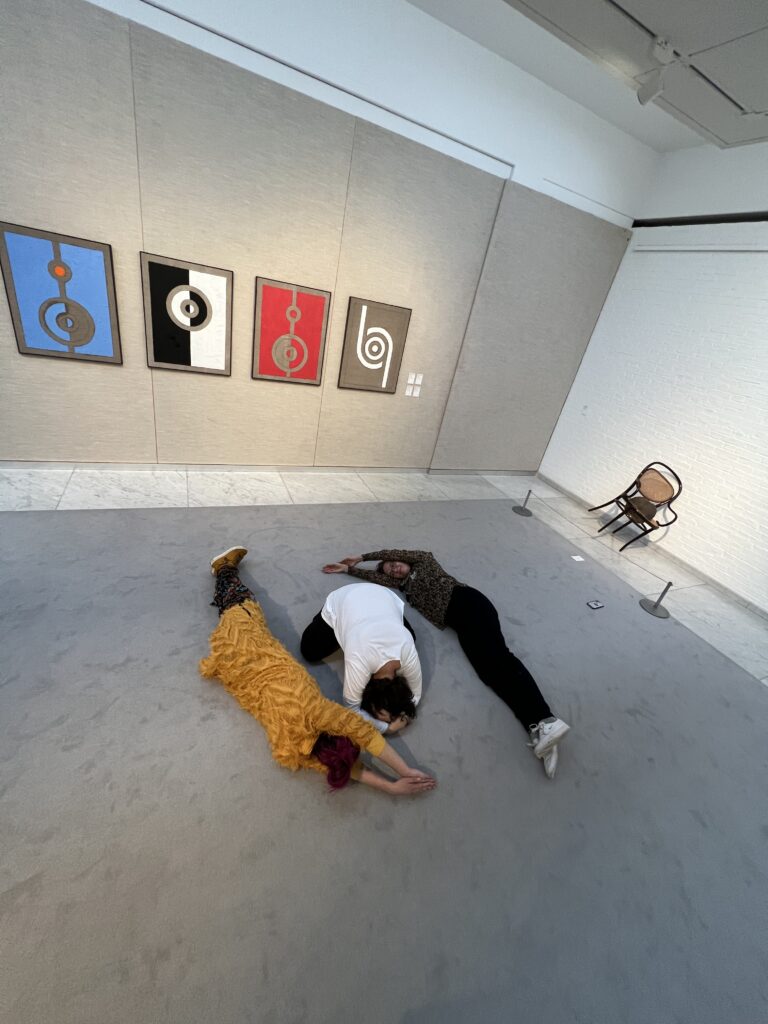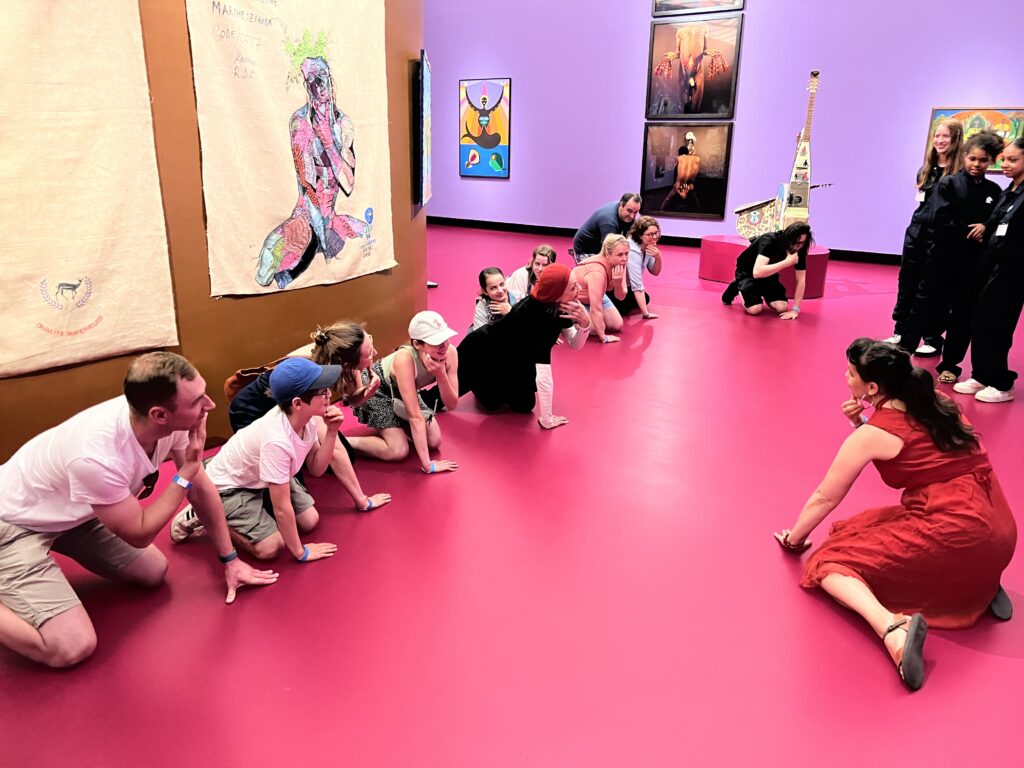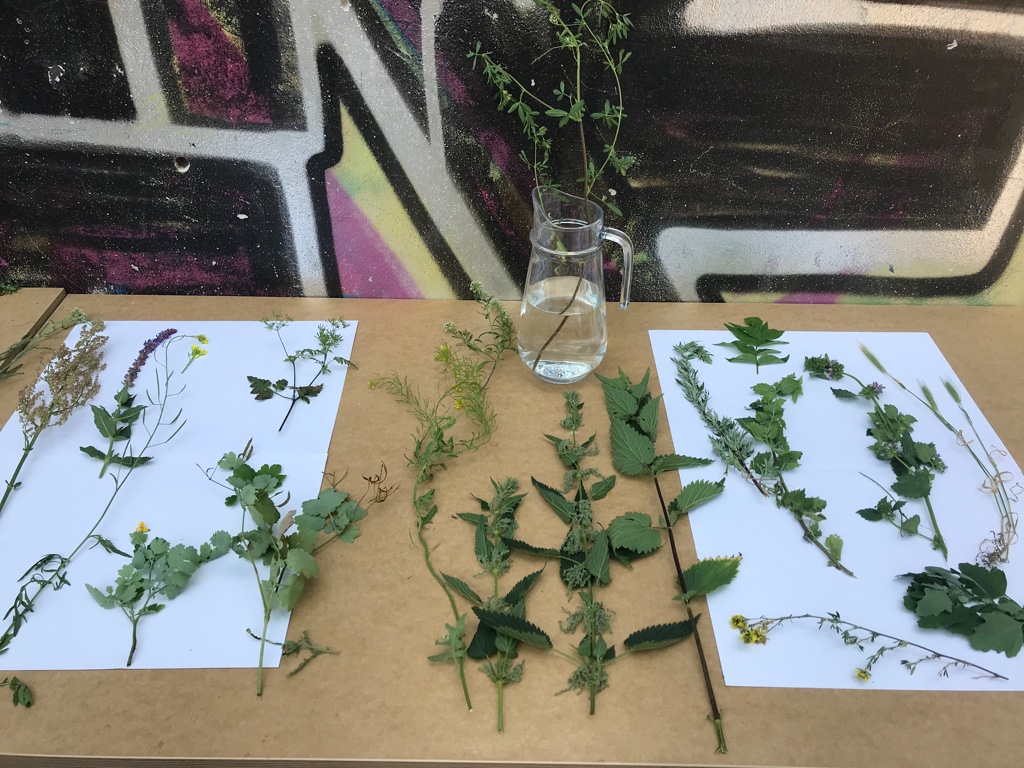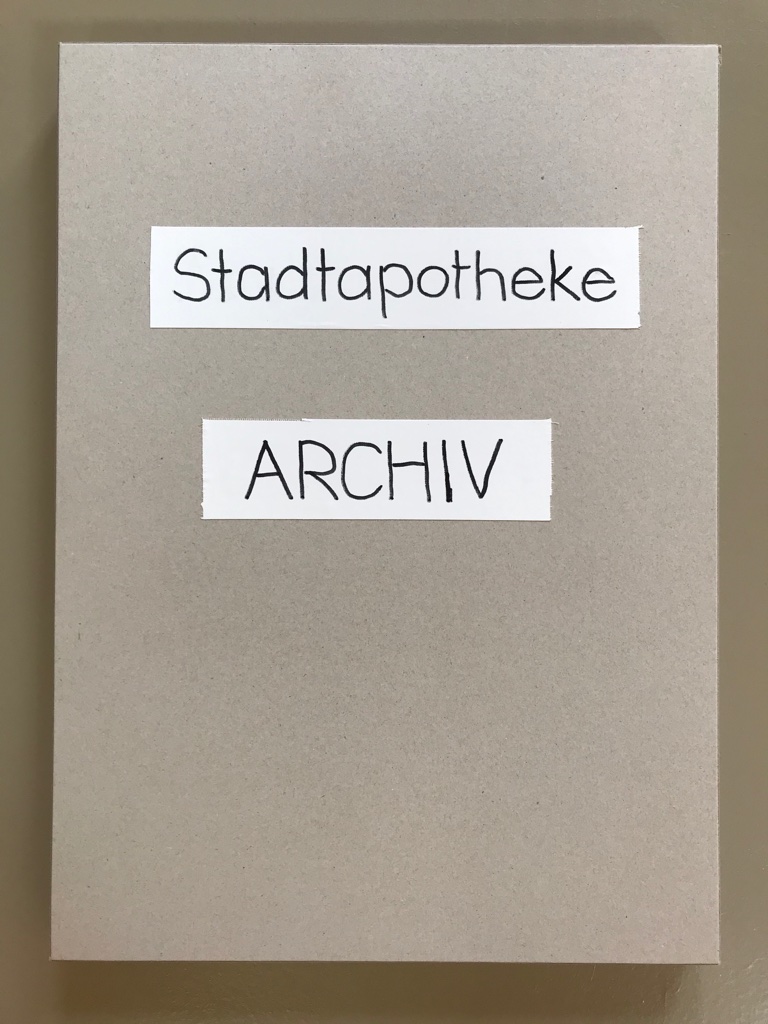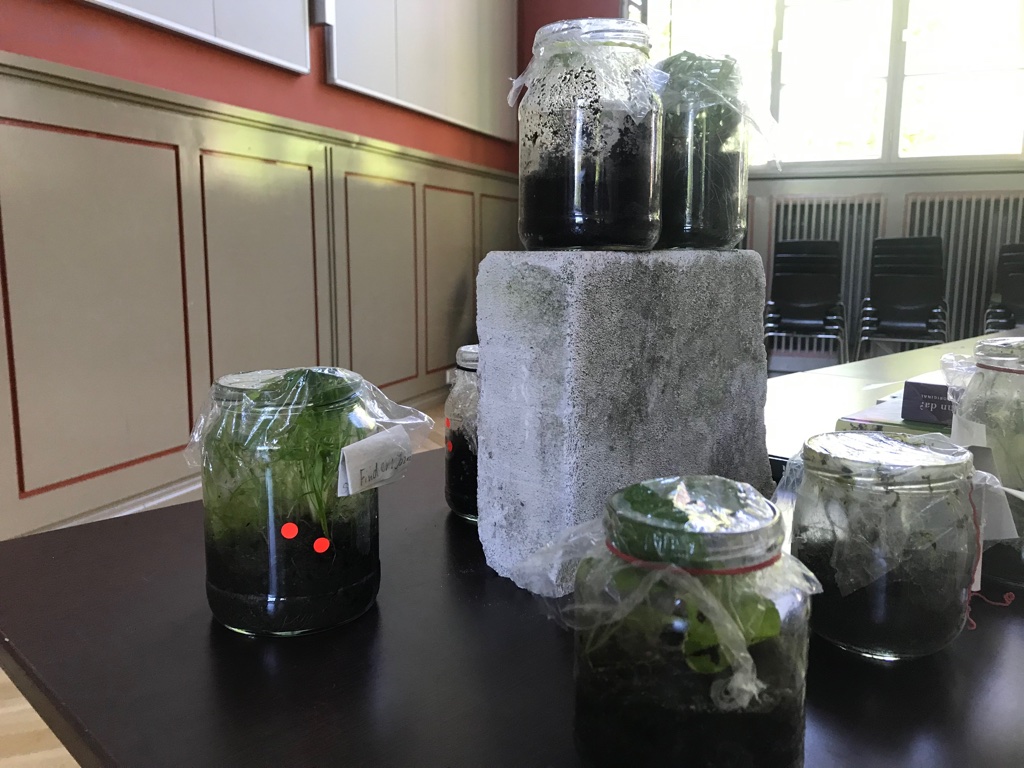Could you be the protagonist of your history?
The GDR, as a chapter of German history, has been swimming in a variety of documented facts for more than three decades, but it has also been drowned in different versions of what happened: historians, professors, politicians and other specialists, each speaking from their field of knowledge about this delicate subject, have offered their perspectives. However, this necessary process has often been surrounded by a set of fair and unfair judgments about the Berlin Wall and what happened related to this during those years.
But the „West“, as it’s clear, could also be assessed concerning these same issues. In the background of this dynamic the question arises: Who is narrating on behalf of whom exactly?
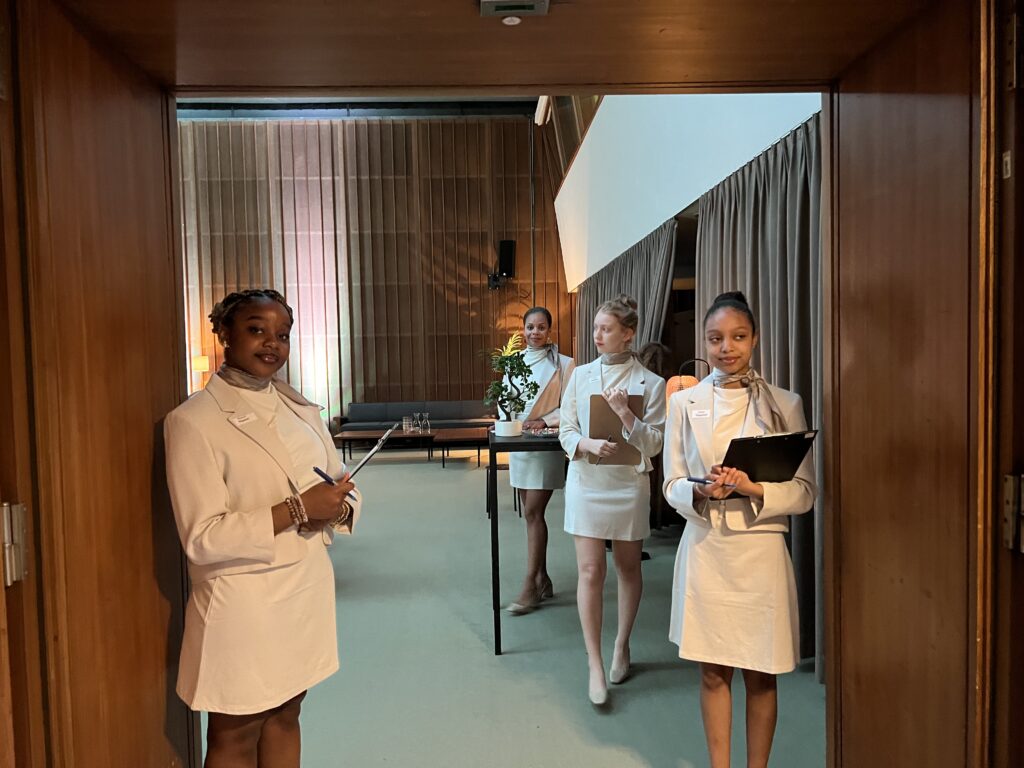
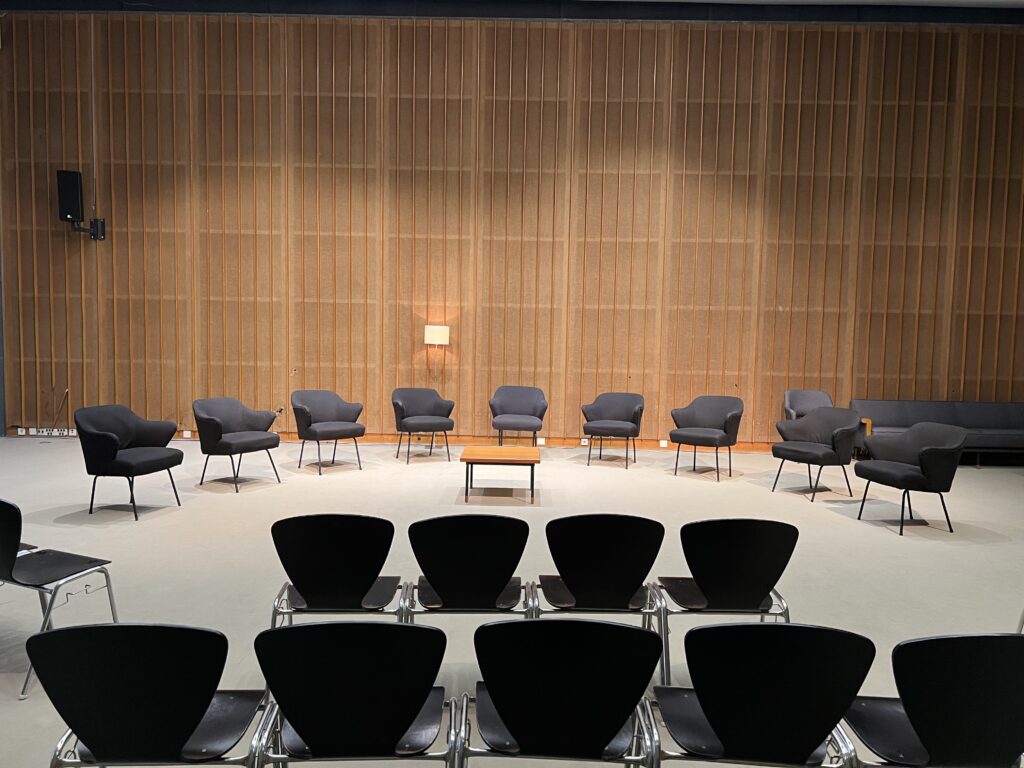
The project BREAKING POINTS.Fragments was developed by sideviews with contemporary witnesses from Marzahn-Hellersdorf in cooperation with HKW (House of the World Cultures). It addresses the historical issues raised by the exhibition project Echoes of the Brother Land in a process that attempts to listen to and give a voice to those who experienced the facts of divided Germany and their experiences of events in the “East” in relation to immigration, labour and racism in society. However, BREAKING POINTS.Fragments refuses any form of judgement to listen to the voices of those who experienced the facts. It gives power back to the protagonists in a theatrical-therapeutic gesture: what has been repressed inevitably returns.
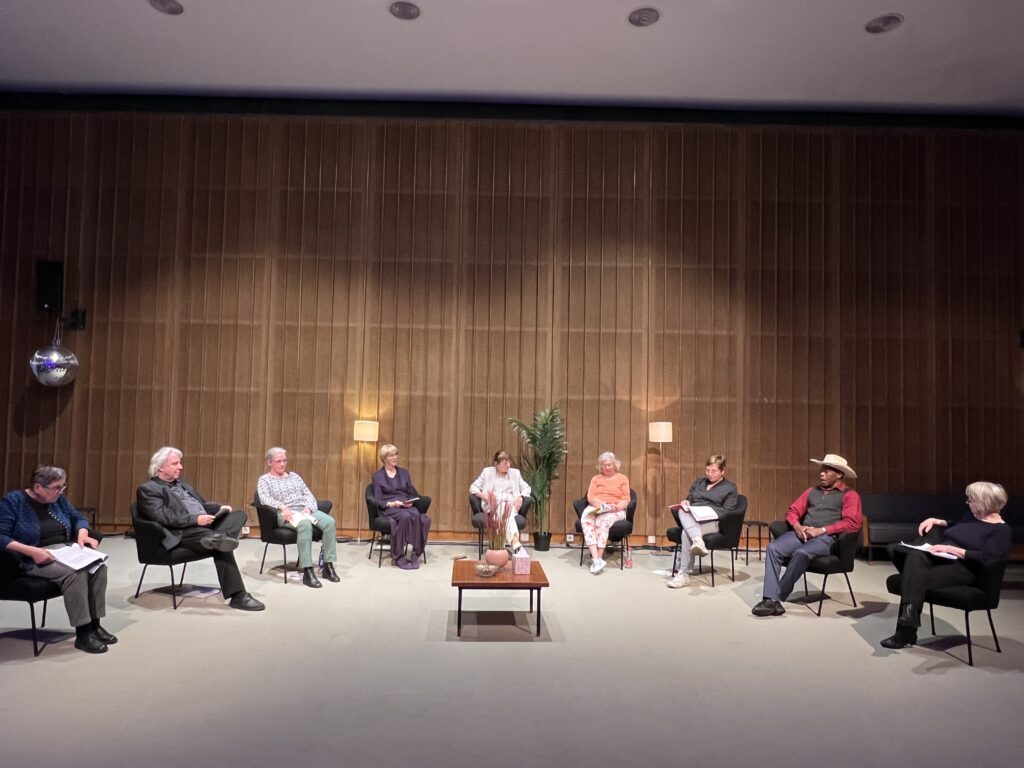
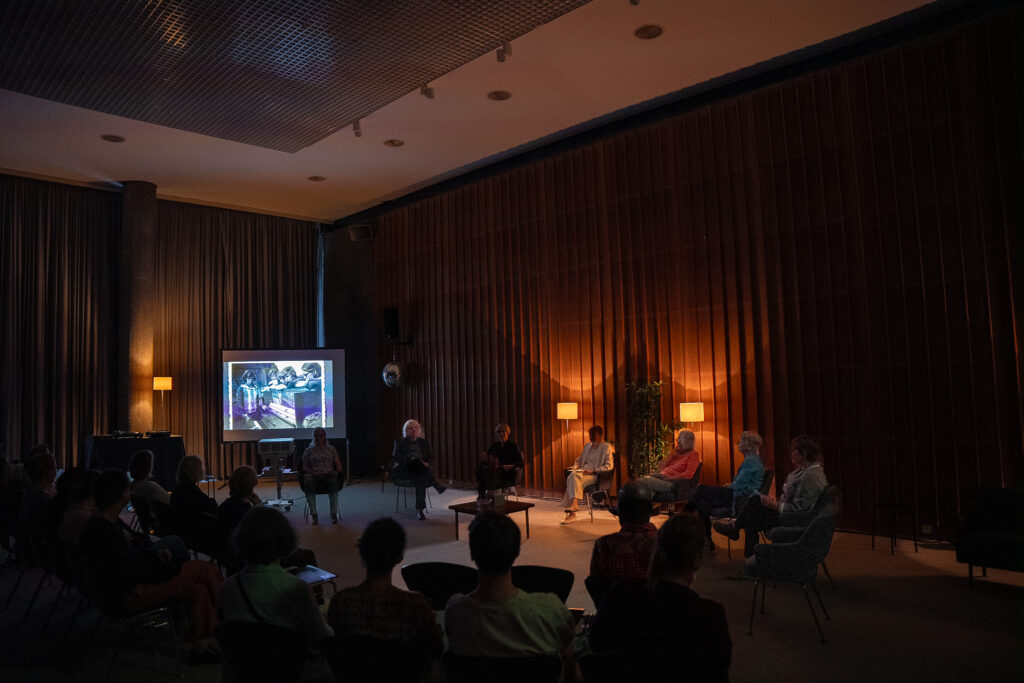
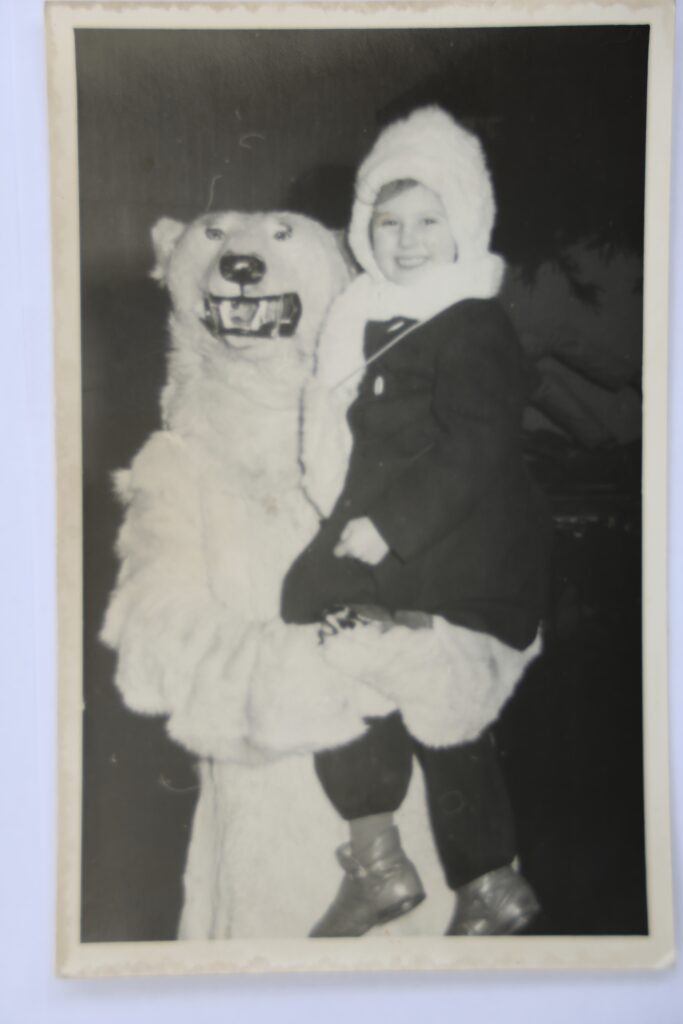
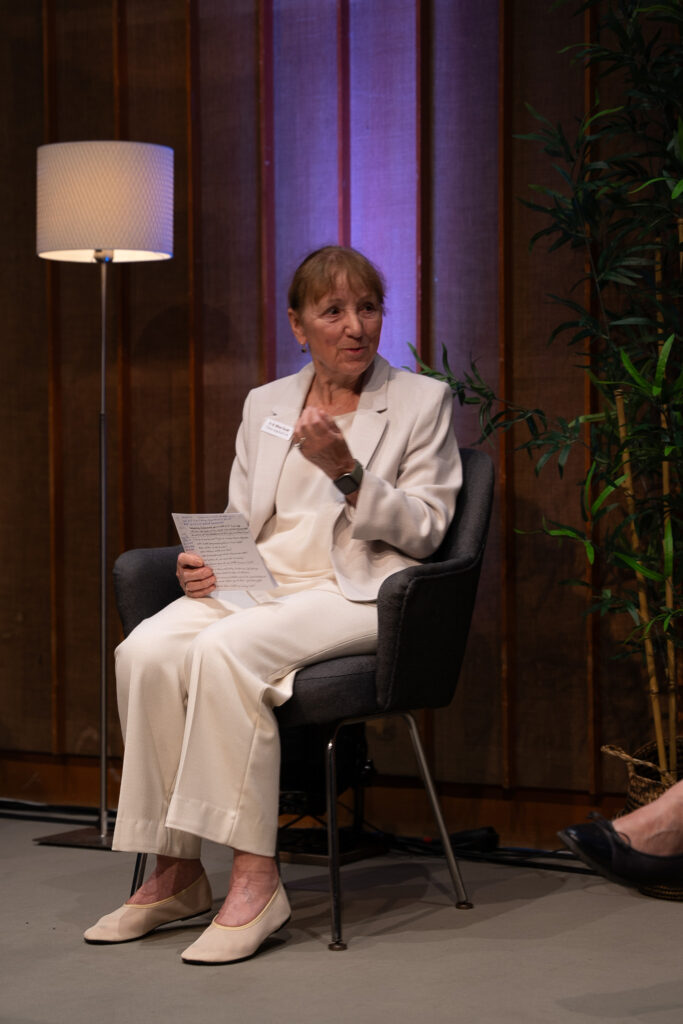
Artistic director/director: Anja Scheffer
Films: Daniel Harder
Editing: Cornelis Harder
Costume design: Daria Kornysheva
Production Management: Anna Bartels, Anja Scheffer
By and with: Hannelore Eckert, Wilma Florath, Monika Kegel, Hans-Heino Luxa, Tomma Luxa, Kirsten Müller, Anja Paetsch, Christel Sickers, Uwe Sickers
Guests: Juana-Victoria Güneser, Mavinga P. Petrasch, Ibraimo Alberto, Romy Drieschner, Elona Sagor, Phanuel Nlend Nlend
